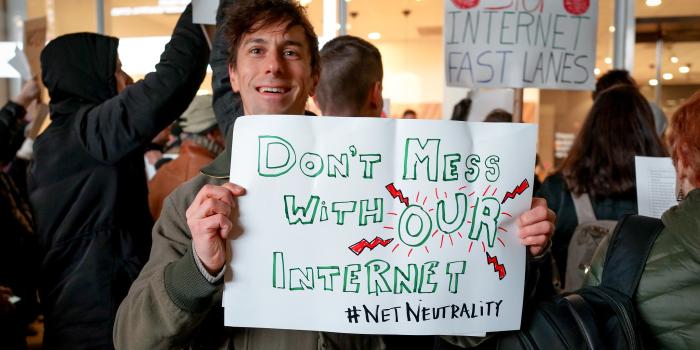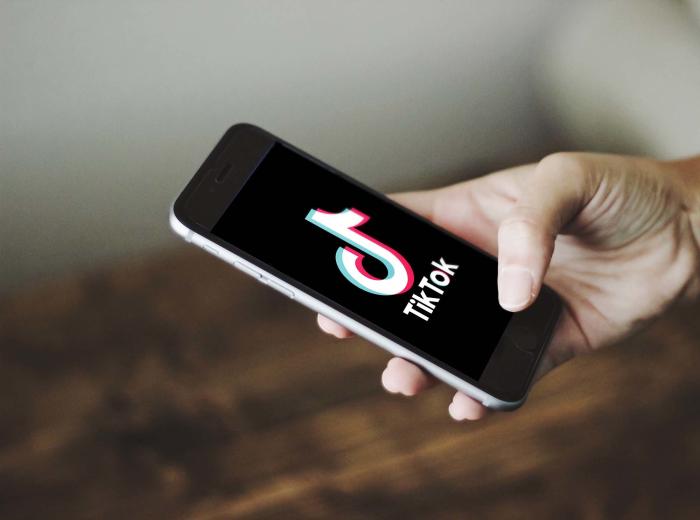Why a Recent Court Decision Is a Huge Win for Digital Civil Rights

I have some exciting news to share about an important victory on the legal side of Free Press’ work.
Last week, the U.S. Court of Appeals for the Ninth Circuit ruled that Facebook can be sued for allegedly discriminating on the basis of race and sex in housing advertisements.
The court’s ruling is a major victory for digital civil rights and one that Free Press had a hand in. We’ve long condemned the countless ways that platforms have tried to evade accountability for their discriminatory practices. The Ninth Circuit effectively ruled that platforms are as accountable for online violations of civil-rights laws as they are when violations occur offline.
According to the case, Facebook had created an advertising tool that allowed companies to target ads to specific categories of users. It also allowed advertisers to exclude certain groups, like women of color and single parents, from seeing their ads. A plaintiff in the case, Rosemarie Vargas, stated that she was harmed when Facebook prevented her from seeing real-estate ads when searching the platform’s Marketplace.
Bias baked in
The Ninth Circuit held that Vargas sufficiently alleged that Facebook’s conduct injured her by denying her equal treatment. In its argument before the court, Facebook had tried to dismiss the claims that Vargas brought because there was no evidence of discrimination or harm.
The court came back to explain: “Plaintiffs’ very claim is that Facebook’s practices concealed information from housing-seekers in protected classes. And nothing in the case law requires that a plaintiff identify specific ads that she could not see when she alleges that an ad-delivery algorithm restricted her access to housing ads in the first place.”
The court added that Facebook’s claim of immunity from liability for third-party content under Section 230 of the 1996 Communications Act doesn’t apply in instances where the company created the advertising-exclusion tool.
The court’s decision follows arguments Free Press, the ACLU, the Lawyers’ Committee for Civil Rights Under Law and the National Fair Housing Alliance made in an amicus brief in the case.
Support from our members allowed Free Press to prepare this brief with our allies. The resulting ruling is a win for everyone, but especially for women of color, people with disabilities, single parents and other people from marginalized backgrounds who rely on an open and nondiscriminatory internet.
Discrimination in advertisements for housing, jobs and other opportunities has a long history, as do civil-rights laws curtailing it. That such discrimination happens on the internet does not make Facebook’s practices different in kind from discriminatory offline conduct that violates civil-rights laws.
Facebook had tried to argue that it’s simply a passive transmitter of information to users on its services, and wasn’t liable for any harm caused. The Ninth Circuit found instead that a claim exists when someone alleges that Facebook’s own algorithms deny specific users equal experience and opportunity online.
“A patently discriminatory tool offered specifically and knowingly to housing advertisers,” the court noted, “does not become ‘neutral’ within the meaning of this doctrine simply because the tool is also offered to others.”
Stopping digital redlining
So what does this mean for everyday people who use social-media platforms? Well, the ruling opens possible pathways for accountability against social-media platforms when they themselves develop and use patently discriminatory tools that deny targeted users’ access to opportunities.
And given that we live in a digital-first society — where people use the internet and social media to find opportunities from housing to jobs to voting information — this ruling is a critical step forward. It shows a recognition that platforms must do more to provide equitable access to information through their own services and tools.
Had the court allowed this discriminatory conduct to continue, it would have opened the door to online redlining that mirrors the sorts of real-world discrimination and redlining of prior generations.
This victory is a crucial lever to holding Facebook accountable for its discriminatory practices — and to advancing online racial and gender equity in housing, employment, credit and other areas.
We will continue to challenge such practices in the courts, in Congress and elsewhere, and will hold social-media platforms accountable for the damages that they do.
Help Free Press keep up the fight to hold companies like Facebook accountable: Donate today.





